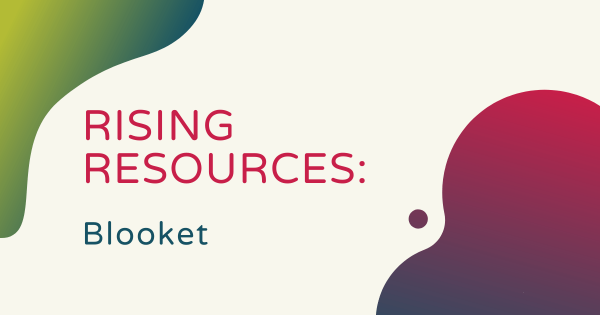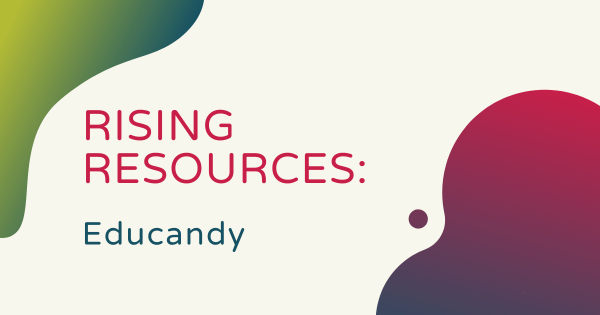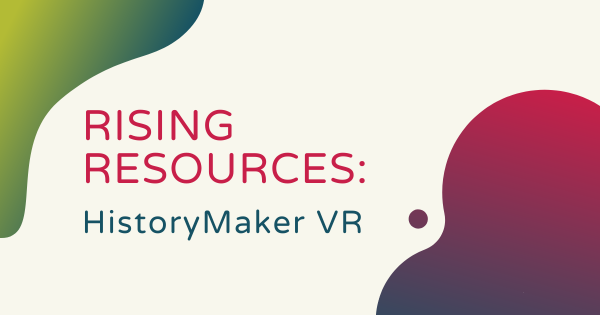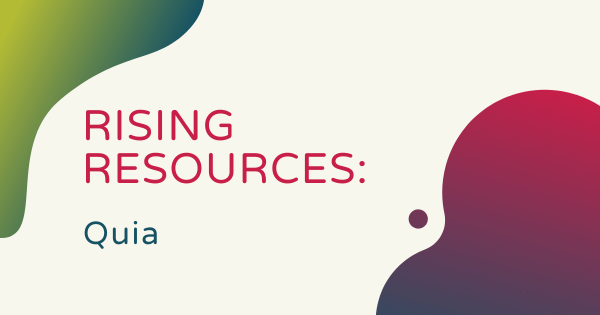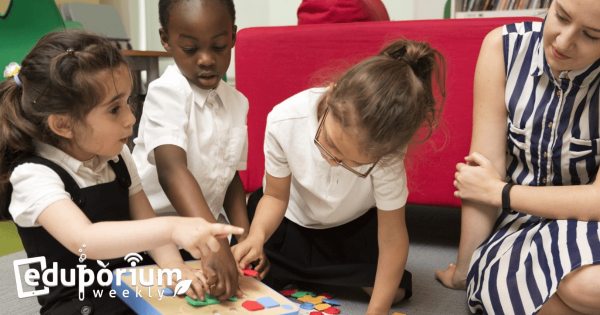Renee is an education technology specialist in the Atlanta Public School System and she’s seen firsthand how shifting from traditional instruction to more detailed strategies can truly impact how students learn. To that end, one of the biggest areas her and her colleagues have focused on is personalized learning in education. Read on to learn how she’s done it!
EdTech
Educational technology has, of course, completely transformed how today's K-12 students learn. From basic 3D printers and virtual reality systems to simple coding robots and screen-free building tools, countless numbers of educators have been able to affect education for the better and help children develop transferrable skills for the real world. Since EdTech now covers so many areas, however, there often remains a lot for teachers to learn about and explore. Not every technology tool will impact your students in the same ways, nor will they enhance every single lesson. It's more about finding the right solutions for the right situations and building high-quality instruction from there. In this section, we cover everything from specific classroom STEM kits to insights on integrating EdTech tools in teaching. And, we'll continue adding new resources with thoughts on the many branches of the EdTech tree.
EdTech resources are constantly impacting student development and redefining how educators can engage them. Besides those hands-on technologies, digital tools and platforms also play a huge role in learning. From coding or artificial intelligence to social-emotional learning, the instant availability of EdTech resources generates many revolutionary opportunities all throughout the world of K-12 and higher education. When it comes down to it, however, equitable access to technology can be a complete game changer. With these opportunities, students can build the hard and soft skills to navigate our increasingly complex world. And, no matter how complex or simplistic EdTech activities are, they can help catalyze that development. We encourage you to browse the content below and reach out to our team with any questions.
-
CARES Act And Education: Using Emergency Relief Funds
Essentially, government officials passed legislation in support of financial assistance for key education-related projects, initiatives, and resources to come from the state level. This means that each state government must provide funds for the schools in that state. And, there’s a lot that school and district leaders can spend it on—as well as a time frame. -
Eduporium Featured Educator: Nick French
In our newest Featured Educator post, we hear from Nick French, the Director of Teaching and Learning and Special Services for the Ocosta School District. Like so many other educators, Nick and his team have adopted targeted SEL approaches, including the Mightier SEL games, to help push past new difficulties students faced after the pandemic. -
Rising Resources | Host and Join Blooket Games
With the Blooket online review game, classroom teachers can transform assessment with simple academic challenges and help boost retention for students in any educational environment. Blooket also helps enhance engagement and empowers K-5 educators to facilitate authentic learning experiences in the classroom. So, this week, we’re telling you all about it. -
Rising Resources | Educandy Studio App
Educandy is an online review tool students can use to master concepts and prepare for exams. It’s geared towards younger kids, making it one of the best digital review tools for elementary students. Using the simple software, teachers can create review games in just minutes—as easy as entering the questions and answers—and the platform does the rest. -
Our January Grant Goes to Michael Jaber from Wisconsin!
This month, we’ve selected Michael Jaber, a high school administrator from Sheboygan, WI as the recipient! Michael works at the Sheboygan South High School and he’s been brainstorming how to capitalize on the high levels of school spirit they have by brining as many students as possible together to work on a project for the whole school community. -
Rising Resources | HistoryMaker VR
History might not necessarily be the favorite subject for some students but combining it with VR experiences often enhances intrigue. There are a lot of virtual reality-based learning tools available to educators now—adding a lot of options for instruction. In this Rising Resources post, we’re going to tell you about one called HistoryMaker VR. -
Rising Resources | Quia + Student Review Activities
Typically, with online review tools, educators can find and utilize materials for the most general and common school subjects. With Quia, there are tons of specific review materials for all students and teachers to access. Beyond general math, science, and English content, Quia has valuable games for everything from SAT skills to world languages and more. -
Eduporium Featured Educator: Allison Miller
To kick off 2022, we’re hearing from Allison Miller, an assistant principal in the Jackson R2 School District in Jackson, Missouri. Allison has seen students benefit from tech-based learning experiences in a number of ways, including enhanced authenticity, bringing the 4 Cs to life, and many other outcomes. Keep reading to learn more about her efforts! -
Eduporium Weekly | EdTech Use in Early Education
We know that today’s students have grown up using technology and that many of them spend countless hours playing games or streaming video content on a device. Some say this stunts development while others say the stimulation is beneficial. While there is truth to each of these, it’s the educational tools and challenges that are most valuable for children.







